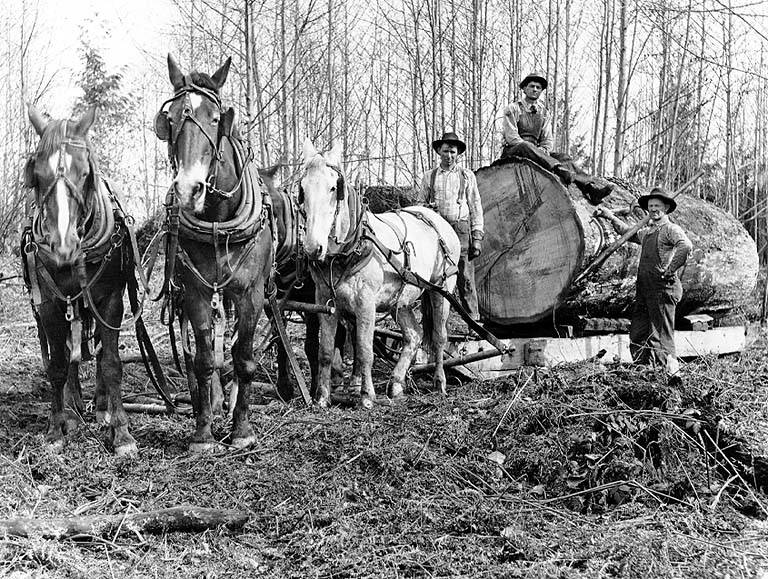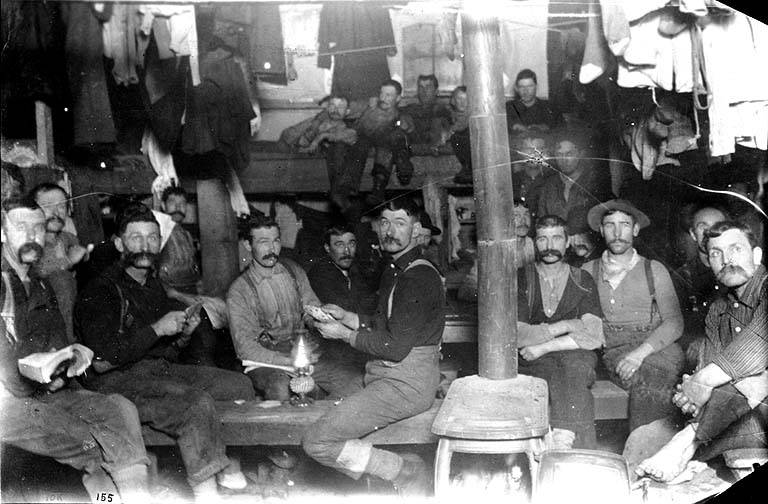“To me, what socialism means is to guarantee a basic level of dignity. It’s asserting the value of saying that the America we want and the America that we are proud of is one in which all children can access a dignified education. It’s one in which no person is too poor to have the medicines they need to live.”
“The ideal man bears the accidents of life with dignity and grace, making the best of circumstances.”
I have been thinking a lot about dignity these days.
The endless stories of how people have been stripped of dignity and deprived of even rudimentary respect led me to explore how important dignity is to all humans—and how our human history of exploitation, manipulation, and degradation makes it so hard to achieve.
In simple terms, dignity is defined as the state or quality of being worthy of honor or respect.
We are born grasping for it. We end our days gasping for it.

As you might have suspected as a reader of my blog, I just finished two books that triggered my desire to dig a little deeper into the idea of dignity and what it takes to acquire and maintain it. The two books I read are Fleishman is in Trouble and Deep River.
Fleishman is in Trouble, Taffy Brodesser-Akner’s new book, starts out reading like Portnoy’s Complaint for 40 year-olds.
Both parties of the couple in the book are guilty of sexual dalliances and diversions. Neither finds lasting satisfaction. (See my last post, “Desires and Delusions.”)
Bodesser-Anker’s book is also a brilliant analysis of the trials and tribulations of a couple trying to advance their career and raise a family without sacrificing their souls.
It’s about a woman who is fighting an uphill battle against conventional norms, particularly in Corporate America. The book brings alive a quote by Jane Austen in Pride and Prejudice:
“There is a stubbornness about me that never can bear to be frightened at the will of others. My courage always rises at every attempt to intimidate me.”
In short, we need to fight for our dignity.

Deep River, Karl Marlantes’s new book, starts out as an immigration story exposing the pitfalls of socialism AND capitalism. It’s a long slog detailing the social upheaval revolving around the formation of unions in the 1900s, the immigration experiences of Finns and Swedes during that same period (and how positions on both sides of the issue divided families), as well as the history of logging in the Pacific Northwest. It’s a lot to take on in a single book, but Marlantes combines history and fiction to bring alive all of these issues through a single Finnish family and, in particular, a firebrand of a young woman named Aino. Aino’s story gives new meaning to a quote from Virginia Woolf:
“As long as she thinks of a man, nobody objects to a woman thinking.”
Maintaining dignity as a strong woman is particularly challenging.
After reading his first book, I was excited to see Marlantes had written a second because Matterhorn is my favorite book about the Vietnam War. Matterhorn was a brutally descriptive look at the suffering of soldiers in Vietnam and the indignities to which they were unnecessarily exposed. For me, however, Deep River lost its current about halfway through—it became a slow-moving stream after the first 300 pages.
Nonetheless, it dove deeply beneath the surface flow of life in search of dignity.
While I couldn’t put down Fleishman is in Trouble, I struggled to finish Deep River. Fleishman was riveting from start to finish. What struck me, however, was how both books deepened my understanding of dignity—what it’s like to live without it and what it takes to hold onto it no matter, as Aristotle said, what accidents of life we have to bear.
Fleishman is in trouble because he is struggling to find dignity as a practicing physician and as the primary care-giver to his two children. If he had trouble finding dignity as a competent doctor and a caring dad, can you imagine how hard it is for people who lack the resources, respect, and support that he had to hang on to their sense of self-respect and dignity?
His wife, on the other hand, who is demeaned in the first half of the book as an ambitious, money-grubbing, celebrity-seeking, demanding, and irresponsible bitch gets to tell her side of the story in the second half. While she clearly engages in some unacceptable behaviors, like abandoning her kids for three weeks without them knowing where she is or even if she alive, the reader learns about the degrading and dismissive experiences she had to overcome to maintain her dignity as well as how hard she worked to be a responsible mom AND a highly successful executive. Hearing her story gives us a better appreciation of the battles most women fight to preserve their sense of worth when their assertiveness is labelled as a “aggressive” and their parenting choices are criticized for not being sufficiently nurturing.
Personal stories—fictional or not—give us a deeper sense of the struggle for dignity. And money plays a big role in that struggle.

The Fleishmans were trying to keep up with the super high-flying masters and mistresses of the universe on the Upper East Side of New York. Fitting in with that crowd while maintaining your dignity is not a trivial task. Aino and her family, on the other hand, were trying to survive in a culture that treated humans like machines—just keep working them harder and harder until they break. Then replace them with the next immigrant desperate for work. Aino fought hard to achieve basic fairness for the workers who were forced to work 14 hour days doing dangerous and demanding work for less than $2.00 a day while living in cold, dirty, smelly, lice-infested shacks. Finding any dignity in those conditions is a herculean task.


The Fleishmans were up against a materialistic, money-driven, and manic culture. The immigrants were up against abusive owners, callous governments, and local citizens who were worried about disrupting the status quo and interrupting the flow of dollars into their personal accounts. We need to remember, of course, that this took place over 100 years ago. It could never happen today. Ha!
In today’s world, Alexandria Ocasio-Cortez is widely demonized by Republicans as a despicable socialist. She has gracefully responded:
“To me, what socialism means is to guarantee a basic level of dignity. It’s asserting the value of saying that the America we want and the America that we are proud of is one in which all children can access a dignified education. It’s one in which no person is too poor to have the medicines they need to live.”
Yes, dignity requires dollars for health, education, basic welfare, and a living wage.
And yet we see inequality continuing to expand. The rich are getting richer, the poor are getting poorer, and we are all losing our dignity in the process. I’m not going to attempt to defend socialism or capitalism in this post—it’s way beyond its scope and my expertise. Having said that, I don’t believe AOC’s response is extremist in the least.
The questions for me are:
How much is enough on both ends of the spectrum?
The Fleishmans thought that a $5 million condo, a house in the Hamptons, and private drivers would be enough. The immigrant loggers thought that $2.50 for an 8 hour day would be enough.
How much of our own dignity are we willing to put at risk for a few extra dollars?
Working 14 hours per day, 7 days a week? Accumulating enough wealth to get us into that cherished 1% (about $11 million at today’s threshold)? Sucking up to deplorable people in order to get a job or keep a job? Voting for an unstable con-man for the sake of lower taxes, fewer regulations, more restrictions on abortion, less restrictions on guns, or simply because he is not black or female? Some ask, “Where is the outrage?” I ask, “Where is the dignity?”
What conditions are required to give everyone a sense of dignity, respect, and honor?
$15 per hour? Affordable access to excellent education? Universal health care? A sense of belonging independent of race, gender, or sexual orientation?
It seems to me, that most of the issues we are facing today come down to dignity and dollars. I’m hoping that dignity starts trumping dollars as the highest priority. May it be so.
Also published on Medium.




Point well made. One cannot, however, enter into a discussion of dignity within a contemporary political framework without at least recognizing this country’s historically embedded institutional racism. A dark episode in US history now being revived by a Faustian despot Trumpeting his brand and band of low vibration followers.
Thanks for your comment. I agree with your point. I should have specifically pointed out the history of institutional racism. I broad-brushed it with my comment on our history of exploitation, manipulation, and degradation, but it deserves to be named.
Love the post, Rick. I appreciate your insights. May dignity be the prevailing force. May it be so!
Well done Ricky! Let Dignity rule!! RonnyDonny